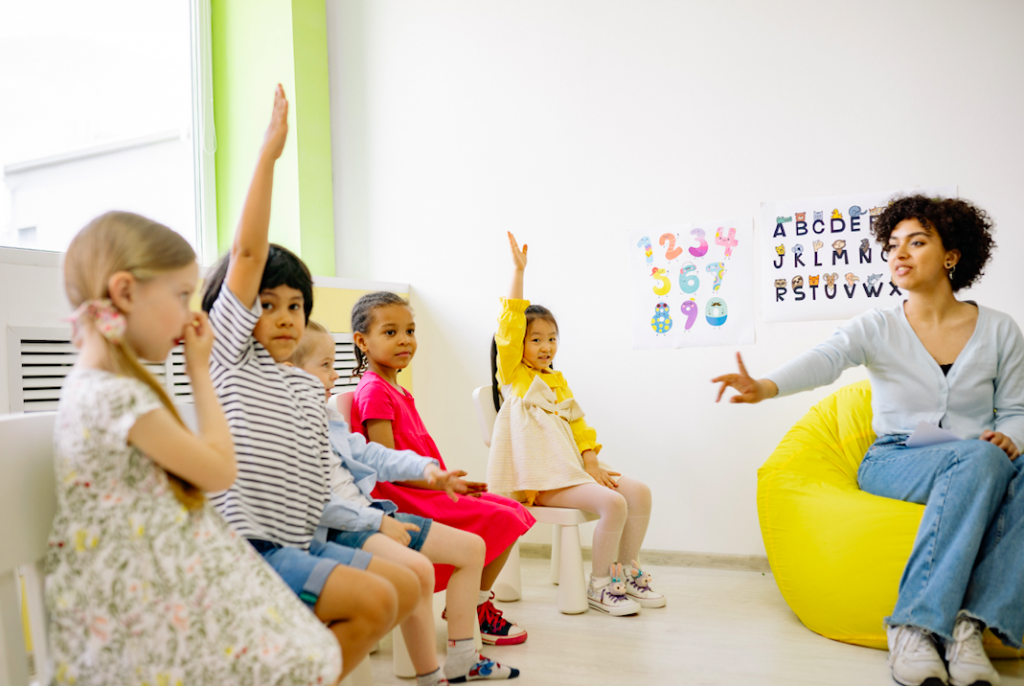Every day more families are looking for schools with a whole-child approach to education. More than ever, parents want their children to have a solid foundation to not only be successful in their academic and future professional endeavors but also to be well-rounded citizens who are resilient, empathetic, creative, and have a positive outlook as lifelong learners. So as a school leader, it’s important to highlight your school’s commitment to helping students develop life skills, deepen their curiosity, interests, abilities, and social-emotional skills to set your school apart from others in your area.
But if you are wondering how you can incorporate life skills into your curriculum, check out these three simple and effective ways to do so:
1. Embrace Their Differences
At Schola, we know that every student is unique, so finding the right educational environment is essential for their success. When educators stop comparing one student’s development to others, it gives the child the opportunity to start embracing their uniqueness. By doing small daily acts, like embracing each student’s strengths, you will be helping them grow emotionally in and out of the classroom. Give your students the space to develop into who they are meant to be, and you will be planting the seed of confidence that will go with them every step of the way.

2. Use Encouraging Language
Teaching students to embrace all feelings but to wisely choose how to express them to others and themselves can make a huge difference. By simply asking students to stop, take a deep breath and count to five, you can give them a tool to help them express themselves more effectively and kindly. Speak to your students about challenges in terms like “how can we make this better” or “what can we do to achieve it?” and you will start noticing how their answers and outlook start to shift toward being proactive instead of reactive. Through positive language, you will be helping cultivate respectful communication, effective conflict resolution, and promote reflective listening, all essential life skills for well-rounded individuals.
3. Be Their Role Model
As a school leader, you know that students learn best by example, so start being their mentor. If they see us taking care of ourselves, being fair, honest, and kind, they will subconsciously begin emulating these behaviors. Therefore, it is essential that educators and staff respect students’ perspectives and advocate for what they believe in, so creating a safe environment where students feel comfortable expressing their feelings and ideas is vital for learning and growing.

At Schola, we know that the most important part of every school is its students, so remembering that everything we make impacts not just their academics but their whole development is essential for every school’s success. If you are interested in finding more information about how you can support your students to develop as balanced individuals, visit our Schola blog for school leaders. You will find quick and valuable information to help your school community grow into the best version of themselves both in and out of the classroom.

Recent Comments